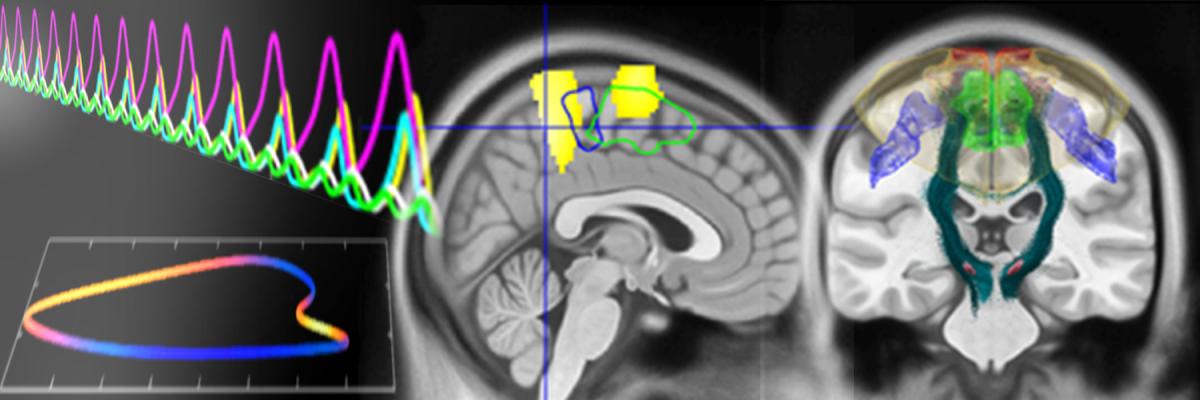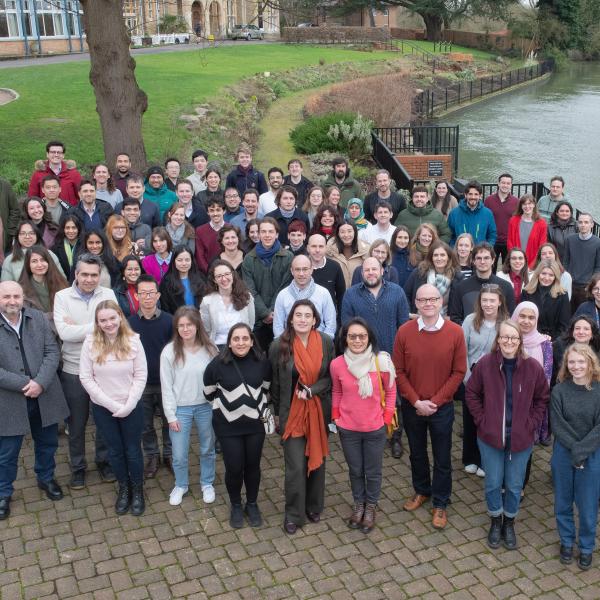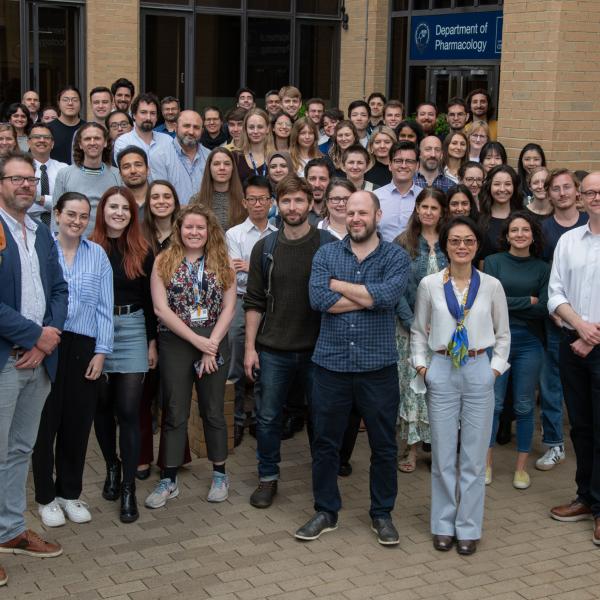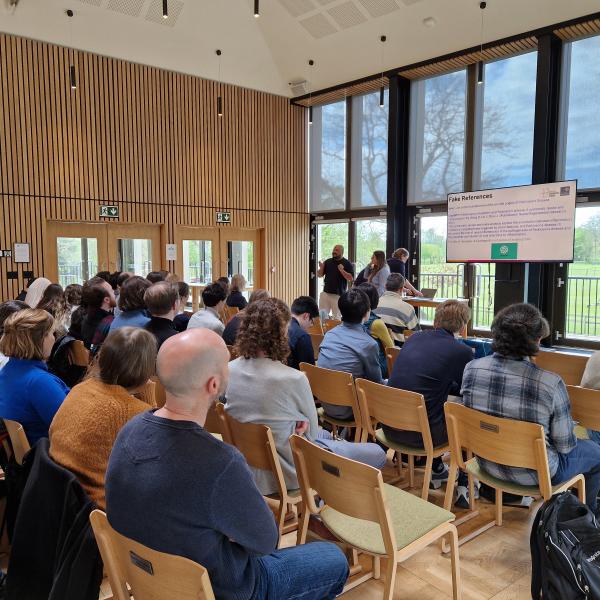Oswal Group
Our aim is to provide a detailed understanding of how brain network activity at various timescales contributes to movement and cognitive function, both in health and in neurological diseases. Neurological symptoms are not static, but change over minutes, hours, or days, meaning that an understanding of the origins of their dynamics is necessary for the development of improved therapies. We aim to: (1) relate nerve cell activity within particular brain networks to specific symptoms and (2) modulate this activity in order to improve clinical outcomes.
We adopt a multidisciplinary approach to understand how communication within brain networks contributes to both normal and pathological brain health. To this end, we study healthy individuals and patients with neurological conditions that affect movement and cognition e.g., Parkinson’s disease, and other neurological conditions such as dementia.
Some of the patients we study have undergone a surgical procedure known as Deep Brain Simulation (DBS), during which electrodes are inserted deep into the brain to allow for therapeutic electrical stimulation. By recording from DBS electrodes and from cortical brain areas non-invasively (using EEG or MEG) it is possible to study cortico-basal ganglia interactions and reveal their modulation by DBS. A key goal of our research is to carefully characterise the network modulatory effects of DBS, in the hope that these can be reproduced using novel minimally-invasive techniques.
A parallel strand of our research leverages imaging modalities with high spatial and temporal resolution to reveal network disturbances that underly impairments of memory and motivation in patients. The neuronal mechanisms underlying these symptoms are presently poorly understood, and there are significant opportunities for improving treatments.
- Oscillatory dynamics underlying motor, memory, and motivational impairments in neurological disease
- Predicting pathological signals for Deep Brain Stimulation
- Refining Deep Brain Stimulation for symptom control
-
Neuroimaging & neurophysiological techniques (MEG, EEG, MRI)
-
Invasive recordings (local field potentials & ECOG)
-
Deep Brain Stimulation
-
Computational modelling, Machine Learning & signal processing
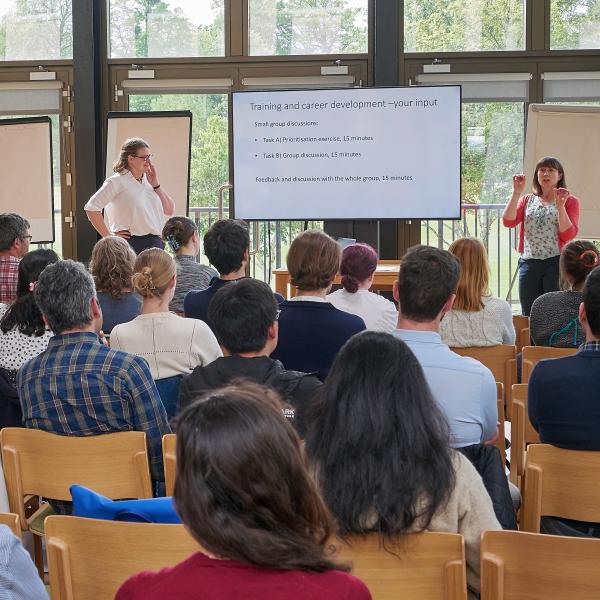
Mary Muers (far right) moderates an interactive session about training and career development opportunities.
Recent Publications
Datasets are available through our dataset platform which is designed to enable the sharing of several classes of research data generated by the Medical Research Council Brain Network Dynamics Unit at the University of Oxford (MRC BNDU). The datasets could include:
- Electrophysiological recording from humans and rodents
- Digital micrographs of brain tissue
- Scripts and code used for analysis of data
- Printable 3D models and microcontroller code
- Code for modelling of neuronal networks
All downloads require making an account; the primary reason for this is to enable us to monitor downloads of datasets which allows us to report this to funding bodies.
